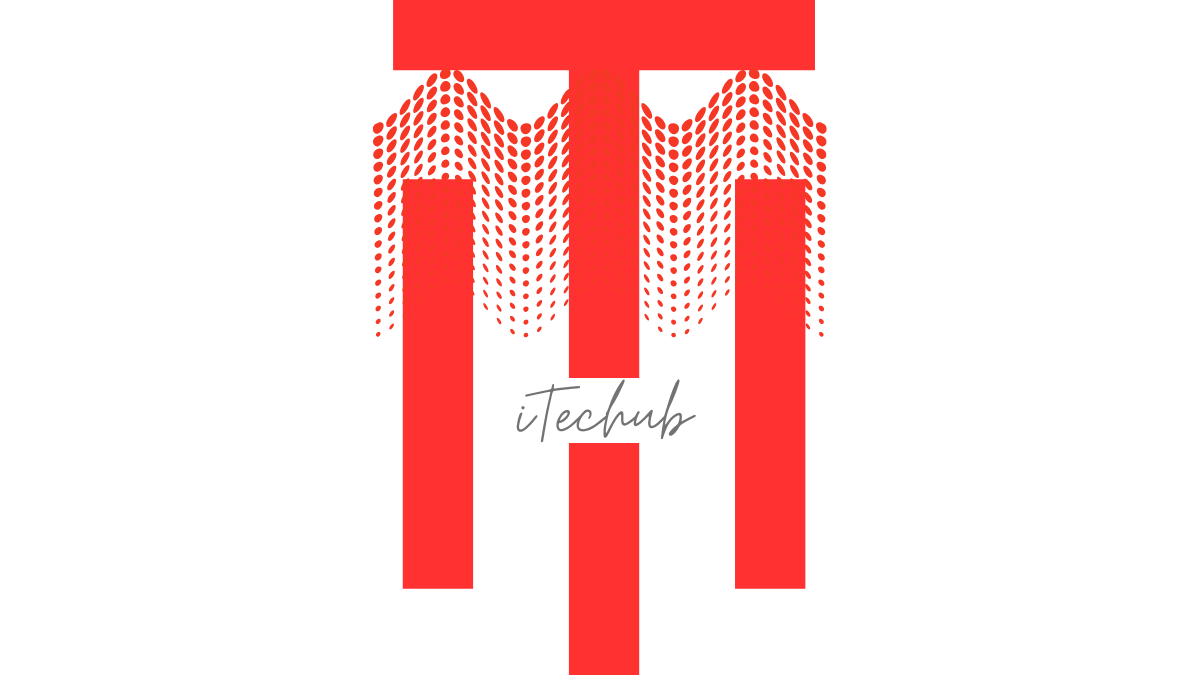- Quantum Computing is set to bring about a revolution in the US stock market with its speed and precision.
- In contrast to traditional computers, quantum computers use Qubits for fast and versatile processing, which considerably benefits the predictive modeling in the market.
- The technology promises improved accuracy and decision -making of the snifter, crucial for market success.
- The current challenges include the emerging state, high costs, the need for new algorithms and ensure legal about ethics and safety.
- The development of Quantum Computing could reform the financial trade, with crucial for its integration in the coming years.
As the Kwantum Computing closer to the mainstream acceptance Randt, its influence on the financial markets, in particular the US stock market, becomes a mandatory subject. Quantum Computing, lifting tree principles of quantum mechanics, is ready to redefine the landscape of stock trade and investment strategies that promise unprecedented efficiency and accuracy in predictive modeling.
The promise of speed and precision
Traditional computers are bound by binary processing, which limits their ability to quickly solve complex problems. Quantum computers, however, work with the help of Qubits, so that they can process a large number of options at the same time. This possibility has enormous potential for the US stock market, where Milliseconds matter and data -driven decisions are the norm. The impact? Quantum Computing can offer traders more accurate predictions, making lightning -fast decisions possible that benefit from volatile market opportunities.
Challenges and considerations
Despite its promise, the inclusion of Quantum Computing in stock trading is considerable challenges. The emerging state of technology brings questions about usability and costs, and there is a need for new algorithms that are specifically designed to take advantage of quantum opportunities. Moreover, regulatory authorities are still struggling with the management of ethical and safety implications that such advanced technology could introduce.
As Quantum Computing Technology evolves, it can become the cornerstone of US stock trading, so that financial environments are converted into landscapes driven by unparalleled computing power and agility. In the coming years, it will be crucial to observe how this advanced technology unfolds within the government of global finances.
Quantum Leap: How Quantum Computing is set to bring about a revolution in the stock markets
Current market forecasts and predictions
The financial market forecasts expect that Quantum Computing significantly influences data analysis and stock trading by 2030. Financial institutions such as JP Morgan and Goldman Sachs are already investing in quantum research, which indicates a shift to algorithms designed for faster trade decisions. Market forecasts indicate that in the following decade the quantum computing power could lead to a re -evaluation of risk assessment methods and diversification strategies for portfolios.
Pros and cons of quantum technology on the market
Advantages:
1. Improved predictive accuracy: Quantum Computing can analyze complex data sets much faster and more thoroughly than traditional computer use, and offers potential improvements in predictive accuracy for stock prices.
2. Speed: Real-time data processing can enable traders to act on the prices of discrepancies before they close, so that the profit is maximized.
Disadvantages:
1. High costs: The initial investment in quantum technology and maintenance can be unaffordable for smaller companies.
2. Regular challenges: There are potential legal uncertainties with regard to the use of Kwantum Computing on financial markets that can delay their approval.
How you can prepare for quantum developments in Finance
1. Stay informed: Read publications and research documents on Quantum Computing regularly. Start with reliable sources such as MIT Technology Review of IEEE Spectrum for updates about progress.
2. Invest in training: Financial professionals must consider courses in Quantum Computing and Data Science to understand the practical applications and limitations of technology.
3. Work together with experts: Working together with Quantum Computing companies and experts can facilitate a smoother transition and better integration into existing trade systems.
Questions and answers
1. How quickly can we expect quantum computers to be part of the daily trading activities?
Although predictions vary, most experts agree that practical applications of Kwantum Computing in stock trade can arise in the next 5 to 10 years. However, widespread acceptance can take longer due to technical, cost and regulatory obstacles.
2. What are the ethical considerations of the use of quantum computers on the market?
Primary ethical concerns include market manipulation, because Kwantum Computing can offer disproportionate benefits for owning entities. There is also the threat of infringements of the privacy of data and the issue of guaranteeing fair access to advanced technology.
3. Can small investment companies benefit from Quantum Computing?
Initially, the required costs and expertise can limit the access of smaller companies. However, as technology ripens and becomes more affordable, smaller companies can benefit by cloud -based Quantum Computing Services offered by companies such as IBM and Google.
For more information about the latest updates in technology and finance, visit IBM’s website And The official site of Goldman Sachs. These companies are at the forefront of exploring the potential of Quantum Computing on the financial markets.

